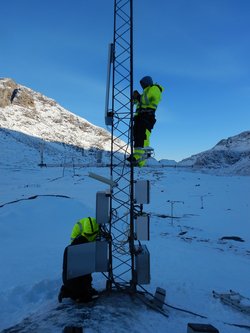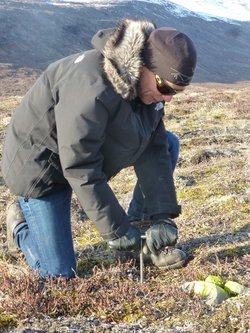International collaboration
International Collaboration
For more than 25 years, GEM has advanced an ecosystem-based approach to understanding the effects of climate change in the Arctic. This long-standing expertise places GEM in a strong position to contribute to and help shape the work of international organisations and collaborative projects dedicated to Arctic science and assessments.
GEM researchers play active and leading roles in major international bodies such as AMAP, CAFF, IPCC, IPBES, and WMO, as well as in global scientific networks. The programme also contributes to key pan-Arctic initiatives including IASC (T-MOSAiC), UArctic, and EU-funded projectssuch as INTERACT, EU-PolarNet, and POLARIN. By engaging in these partnerships, GEM strengthens scientific integration across borders and ensures that knowledge generated in Greenland contributes to global climate and biodiversity assessments.
Our key goals in international collaboration are to:
-
Promote long-term monitoring through an integrated ecosystem approach, with a strong focus on standardization, harmonization, and data sharing.
-
Address global science agendas and priorities by aligning GEM’s efforts with internationally recognized essential and focal variables.
-
Make GEM data openly accessible to scientists, students, scientific networks, governments, intergovernmental organisations, and others with an interest in Arctic climate and ecosystems.
-
Actively engage in collaborative projects and networks to improve and standardize methodologies, harmonize datasets, and enhance understanding of Arctic climate change, ecosystem dynamics, and feedback mechanisms.
Through these efforts, GEM contributes to building a stronger, more coordinated global response to the challenges of Arctic climate and ecosystem change.

